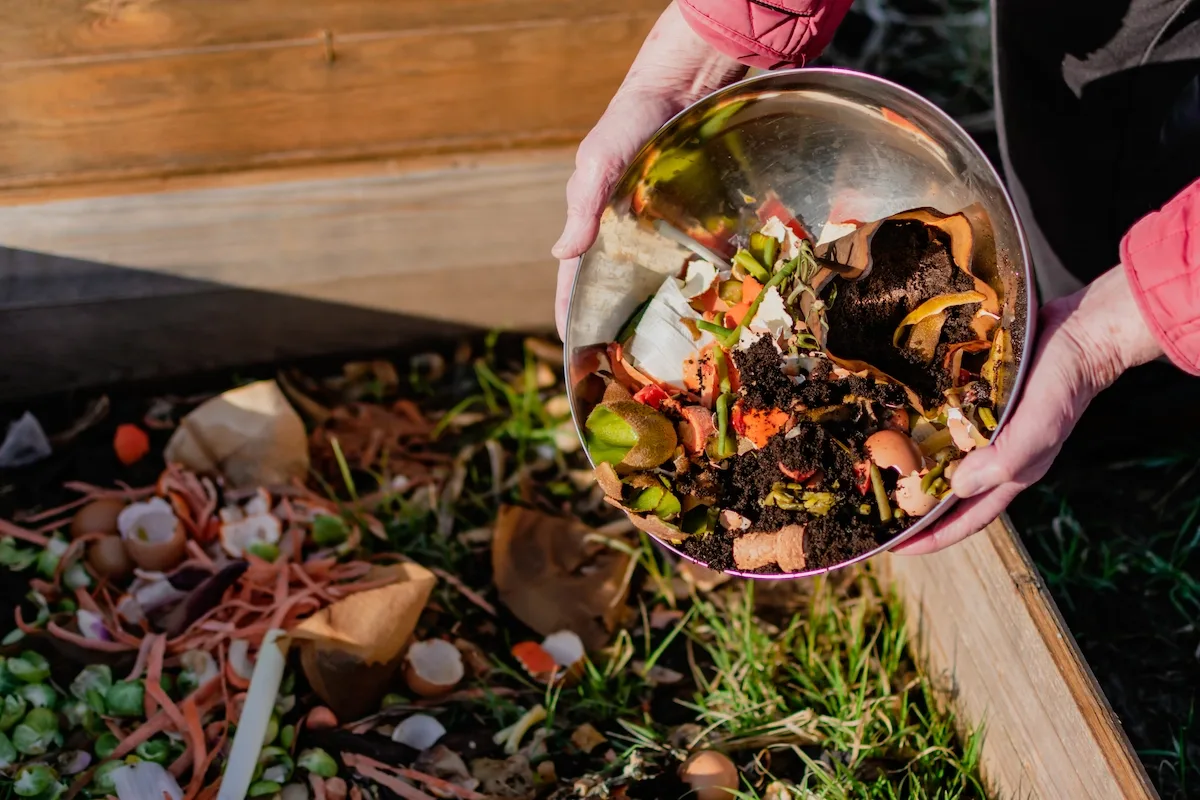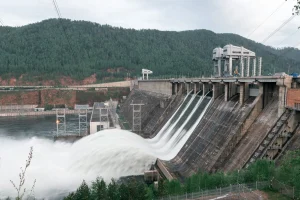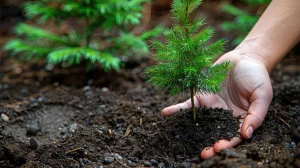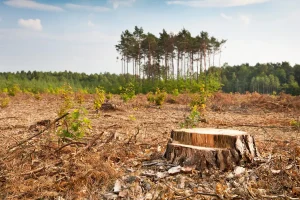Table of Contents
Composting is one of the organic waste management methods you can do at home easily. This method also reduces the waste accumulating in the landfills. Then, what is composting, and how do you make it? This article explains organic waste composting, so read the complete information below.
What Is Composting?
Composting is the process of recycling natural organic waste into fertilizer that nourishes soil and plants. It provides an ideal environment for decomposing organisms to break down the waste and produce compost.
Composting is done aerobically, or requires oxygen, and uses worms, bacteria, fungi, and other organisms. The composting process is important to process organic waste properly and does not pollute the environment.
Moreover, the Directorate General PSLB3 of the Ministry of Forestry stated that the amount of unprocessed organic food waste in Indonesia is 300 thousand-ish, and the amount of easily biodegradable organic waste is 100 thousand-ish.
By doing composting, you can support the government in managing organic waste around you. You can do composting in the city composting facilities or at home.
What Waste Is Good for Composting?
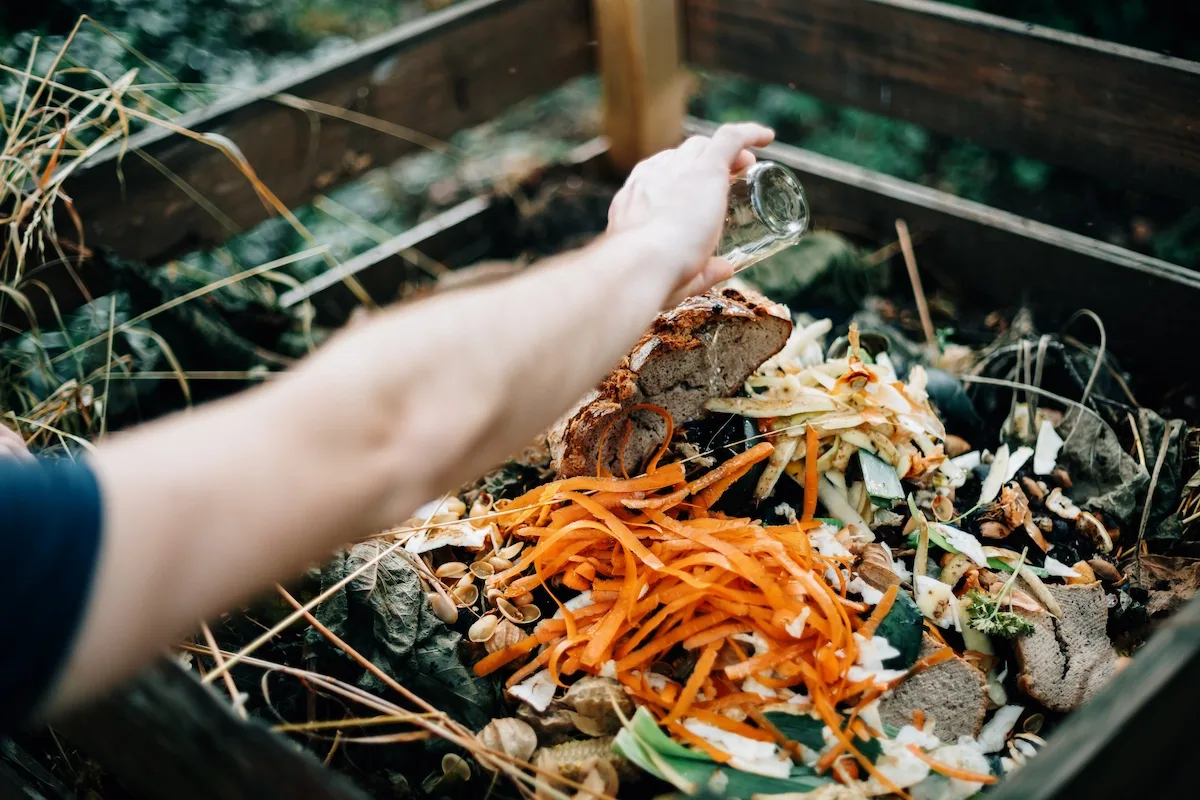
Did you know? All waste coming from nature can be composted. Yet, if you do composting at home, make sure to avoid products that can cause disease and attract insects. Below are lists of waste you can use for composting:
- Uncoated and shredded paper boxes.
- Coffee grounds.
- Grass.
- Woodchips.
- Eggshells.
- Teabag papers.
- Sawdust.
- Fireplace ash from natural wood.
- Uncoated and shredded papers.
- Vegetables and fruits.
- Nutshells.
- Shredded newspaper.
- Hair and fur.
- Leaves.
- Straw.
- Ornamental plants.
In addition to that, here are some wastes that should not be composted because they can bring negative impacts to you or the environment:
- Grass clippings sprayed with chemical pesticides (they kill decomposing organisms).
- Charcoal and its ashes (they might contain substances that harm plants).
- Animal feces (they can contain pathogens, viruses, bacteria, and parasites that are harmful to humans).
- Eggs and dairy products (they attract flies and rodents and can cause unpleasant odors).
- Meat or fish waste (it creates unpleasant odors, may contain pathogens, and can attract insects).
- Plants that have died from disease or insects (they can spread disease to other plants).
- Oils and fats (they can cause unpleasant odors and attract insects).
Read also: How to Grow Hydroponic Plants in 5 Simple and Easy Ways
Benefits of Composting
Composting has several benefits to the environment, such as:
1. Reducing Organic Waste
By composting, you can reduce waste and prevent environmental pollution. Composting is also cost-effective, so you can do it whenever you want.
2. Reducing Methane Emissions in the Landfills
When organic waste is dumped in landfills, it will not get enough oxygen supply, making it difficult to decompose. As a result, the waste will be decomposed without oxygen (anaerobically) and produce biogas containing methane and carbon dioxide.
On the other hand, when you compost organic waste aerobically or using enough oxygen, the waste will be decomposed well and give benefits to the soils and plants.
3. Increasing the Soil’s Health
Compost has become one of the nutrient sources for soils and plants. It can increase the soil’s fertility, making you rely on natural fertilizer rather than chemical fertilizer if needed. Some nutrients in compost are phosphorus, nitrogen, and potassium.
4. Conserving Water
Did you know? Research on the Soil and Water Conservation Society reveals that adding organic compost to the soil can increase its ability to retain water. As a result, farmers do not need to use more water for their crops and can still produce better yields than farming on less fertile soils.
5. Mitigating the Impact of Climate Change
Compost can help soil absorb and retain water, reducing the impact of drought due to climate change. In addition, soil that can hold water well can prevent pollutant overflow during floods. Compost can also absorb carbon in the soil, reducing carbon emissions.
Types of Composting
If you are interested in composting, you can look for the right methods. Here are some types of composting you can try:
- Traditional composting: Using accumulated organic waste. You must fold the waste to make sure that the compost gets enough oxygen.
- Vermicompost: Using California red worms to decompose plant debris. Vermicompost is highly nutritious.
- Industrial composting: This method is more complicated because it requires a complex air ventilation system and temperature control so the bacteria can decompose without causing germs.
Read also: How to Make Soap from Used Cooking Oil: A Step-by-Step Guide
A Guide to Easy Composting at Home
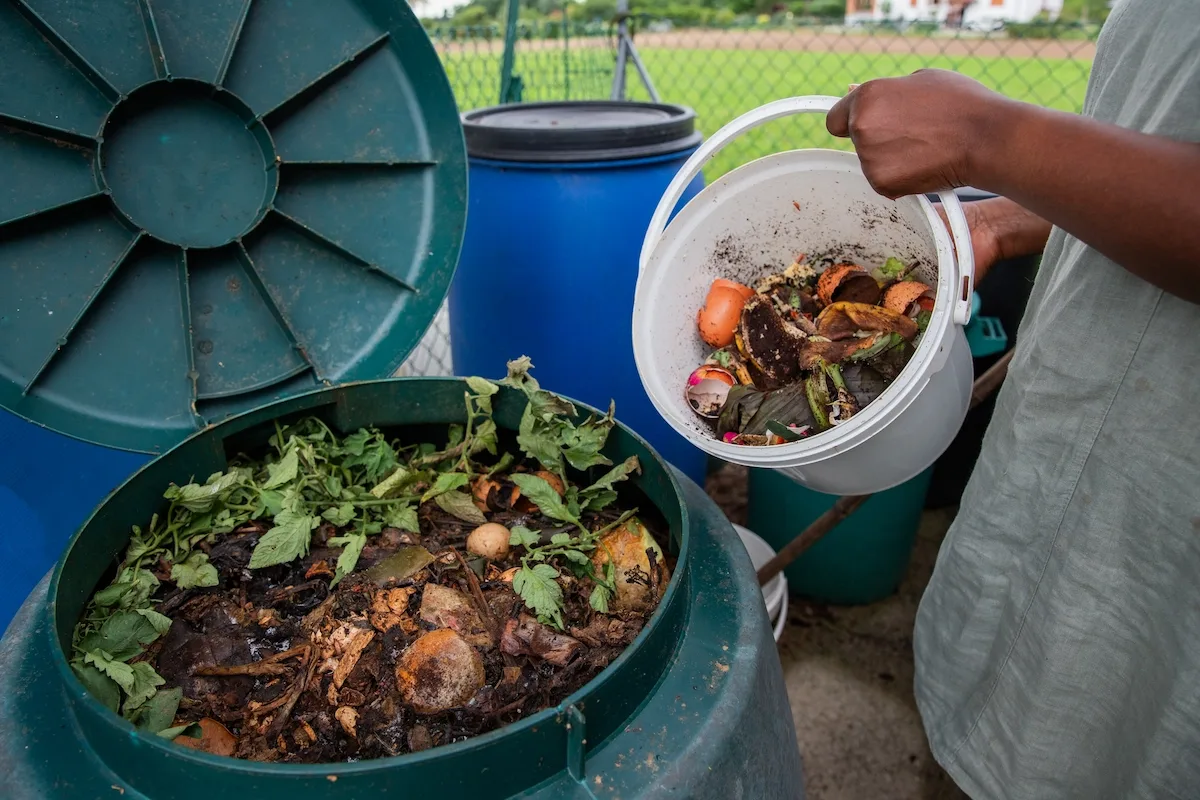
Composting at home is very easy and doable. To make compost, you can follow the steps below:
1. Preparing the Compost Container
Before starting the composting, you must prepare the compost container. You can make it yourself or buy it. Make sure that the container has a lid to maintain the humidity and temperature.
2. Pouring the Waste
After the container is ready, you can make the first layer by placing dry waste, such as twigs, leaves, soil, and sawdust. Then, you can add organic waste over the dry waste up to twice the thickness. Next, you can add dry waste and repeat the layers.
3. Folding the Waste In and Waiting
You must fold your compost in a routine to make the oxygen circulate well throughout the entire side of the waste and prevent it from clumping. Then, you can wait for 6–12 months, depending on the organic waste you use and the weather in your area.
To make the composting optimal, it is recommended to place your compost container in a warm place away from rain, wind, and sun.
If there is an unpleasant odor in the compost container, you may be putting in waste that should not be composted. Therefore, pay attention to the waste you put in your compost container and avoid the ones mentioned above. The successful compost will have a loose soil texture, fresh odor, and dark color.
Overall, it concludes the explanation of composting. Composting is one of the environmental preservation efforts you can do at home easily.
Along with composting at home, you can conserve the environment with other simple actions, one of which is joining Indonesia Asri. With various programs and campaigns, such as #SiPalingSustainable, you can implement a sustainable lifestyle and preserve nature with simple steps.
Register yourself now and give your best contributions to the environment!
Read also: 8 Environmental Actions in School You Must Try, Take Note!



